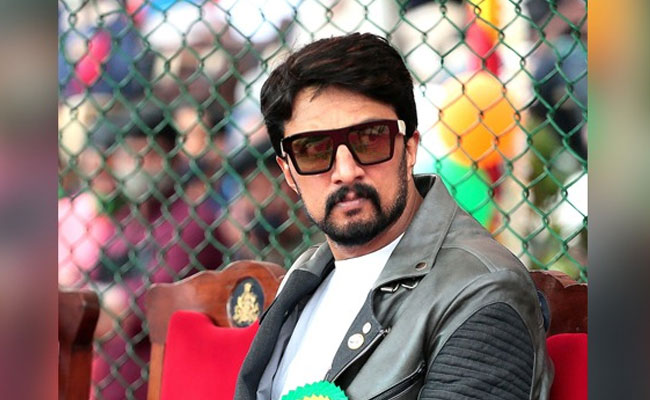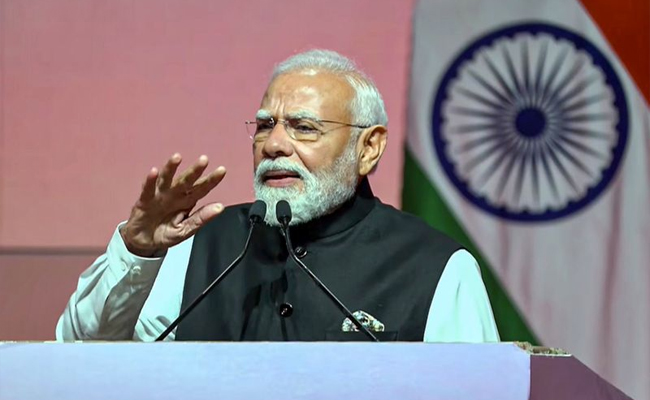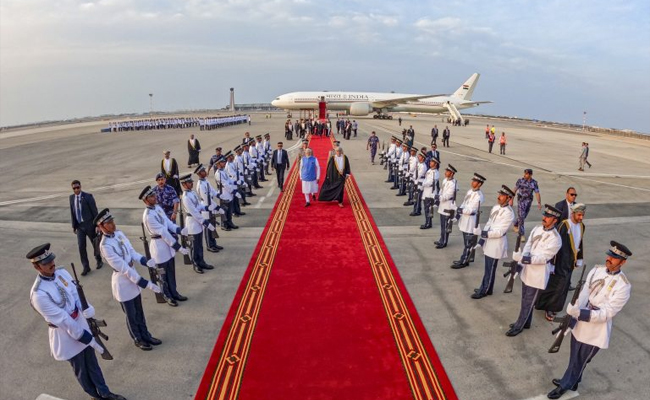Bengaluru: A Shivamogga-based lawyer seeks Election Commission to ban Kichcha Sudeep’s movies, TV Shows and advertisements from being telecasted till Karnataka assembly Elections are over after he announced his support for Cheif Minister Basavaraj Bommai.
Waleela K.P Sripal advocate from Shivamogga, wrote the letter to Election Commission, demanding EC to take urgent action in this regard.
In the letter, advocate Sripal said that Kichcha Sudeep himself announced that he would campaign for Bharatiya Janata Party. The Election Eommission should ensure that no movies, tv shows and advertisements of him should be screened or telecasted till the elections are over as they could influence voters, leading to a clear violation of the Election Code of Conduct.
Let the Truth be known. If you read VB and like VB, please be a VB Supporter and Help us deliver the Truth to one and all.
Bengaluru (PTI): A High Court lawyer was killed after being allegedly hit by a speeding car, which later rammed into a two-wheeler, injuring two others here, police said.
The deceased was identified as N Ramachandra Reddy (61). The injured were identified as Bharath (19), who was riding the scooter, and Swati (23), the pillion rider, police said.
The accident occurred at around 7.28 pm on December 17 and was captured on a CCTV camera, police said.
ALSO READ: Stray dogs case: We will play video, ask you what is humanity, SC tells petitioner
According to police, Reddy was crossing the road near RMV Club in Dollars Colony in the Sanjaynagar area when a car, allegedly being driven at high speed in a rash and negligent manner, hit him.
The vehicle then moved forward and collided with a scooter, knocking down Bharath and Swati and causing injuries to them.
The driver subsequently lost control of the vehicle and rammed into two parked cars, damaging all the vehicles involved, a senior police officer said.
Reddy was rushed to M S Ramaiah Hospital, where he succumbed to his injuries. The two scooter riders were taken to Shirdi Sai Hospital for treatment.
The driver of the car, later identified as Shishir Patil (18), also sustained minor injuries and later appeared before the police. He is currently undergoing treatment at a hospital, police said.
Preliminary investigation suggests the accident occurred due to rash and negligent driving, police added.
A case has been registered under Sections 281 (rash driving or riding on a public way), 125(2) (act endangering life or personal safety of others) and 106 (causing death by negligence) of the Bharatiya Nyaya Sanhita.
Further investigation is underway.





